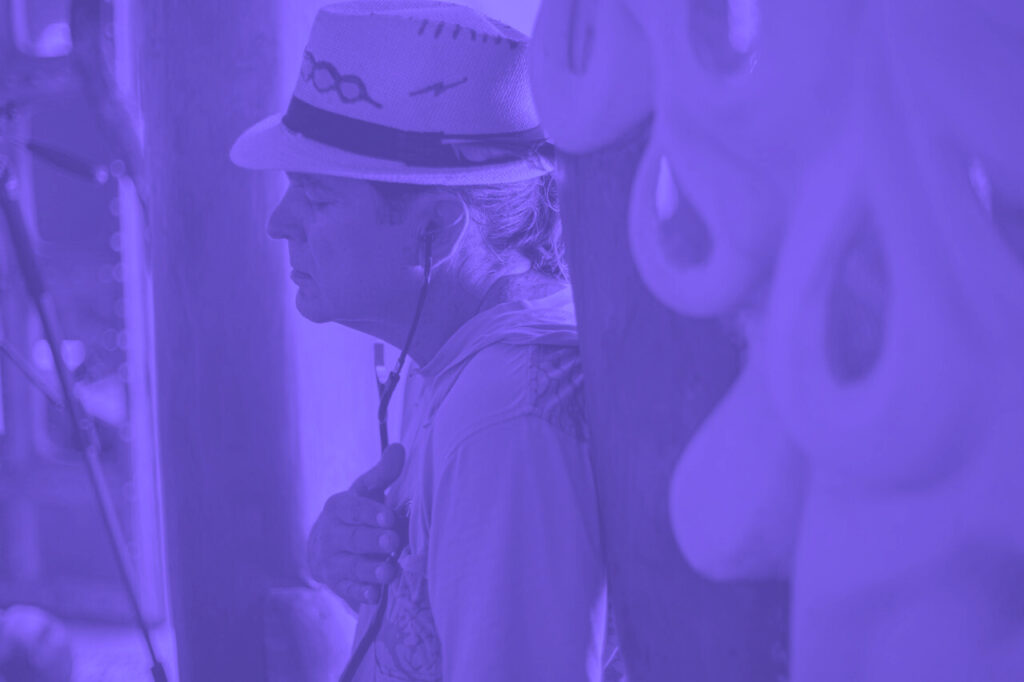Benefits of Listening to Your Heart

I will never forget the first time I picked up a stethoscope and listened to my own heart. I had been practicing meditation and concentration for the past few years, and I was already researching How to create coherence between brain waves and the electromagnetic field of the heart to experience well-being, fulfillment and transcendence. As the years go by, I learn new things by listening to my own heart and the testimonies of people who are doing it for the first time. Listening to your heart is a profound and meaningful experience. transpersonal; it is returning to our mother's womb and re-experiencing that pure state of consciousness.
Ancient wisdom has always reminded us that the heart is much more than a vital organ; it is also a source of guidance and deep connection. In recent times, science has begun to explore this concept, discovering that listening to one's own heartbeat not only promotes physical health, but also has a direct impact on our mind and emotions. Through the practice of listening to your heartbeat with a stethoscope, you can access significant psychological, cognitive, and emotional benefits. Below, we will explore the main benefits of this practice:

1. Improving Emotional and Cognitive Control
Listening to our hearts can strengthen our ability to regulate emotions and behaviors. A study from the University of Cambridge showed that people who tune into their heart rate experience an increase in brain activity known as Heartbeat Evoked Potential (HEP), indicating heightened body awareness and better attention. According to this study, participants who consciously listened to their heartbeats were better able to synchronize with their heart, showing better performance in tasks requiring attention and emotional regulation. This means that by regularly practicing this technique, you could improve your ability to make decisions under pressure and maintain emotional balance in challenging times..
2. Development of Body Awareness
One of the most fascinating aspects of listening to your heart is the increased awareness of the subtle signals of your body. By using a stethoscope, you hone your ability to pick up on these often imperceptible signals. This allows you to develop a keener emotional awareness, helping you make more informed decisions about how you feel at any given moment. Although not everyone is naturally sensitive to listening to their heart, training has been shown to improve this ability in about half of individuals. This means that anyone can learn to harness the power of their own body to better understand their emotional state.
3. Strengthening Intuition through Interoception
The interoception, or the ability to feel and understand the body's internal signals, is a powerful skill that is developed by listening to the heart. Research of the HeartMath Institute have shown that the heart plays a crucial role in the intuitive process. A study called Stability of Pre-Stimulus Intuition Response used an experimental protocol known as Roulette Protocol to analyze how people can anticipate outcomes before they occur, suggesting the existence of a “nonlocal” intuition. Participants showed significant physiological responses just before winning or losing in a gambling game, indicating that the heart is deeply involved in intuition. By practicing listening to the heartbeat, we are fine-tuning this natural intuitive ability.

4. Deep Relaxation and Improved Sleep
Listening to the heartbeat not only stimulates emotional and cognitive awareness, but is also a powerful technique for inducing deep relaxation. Many studies and personal experiences indicate that this practice helps calm the mind and body, promoting deeper, more restorative sleep. It is especially effective for people who suffer from insomnia, as the repetitive and constant sound of the heart acts as a kind of natural “lullaby,” helping to reduce mental hyperactivity and facilitate rest.
5. A Naturally Effective Meditation
The practice of listening to one’s heartbeat can be considered an extremely effective form of meditation. When a person sits in a meditation position and concentrates on the sound of their heart, they find that it becomes an anchor that centers the mind. Whenever a thought arises, the sound of the heart helps to redirect attention back to the present moment. For many people, this technique offers profound relief from the “mental noise” that often distracts during meditation, allowing for a more consistent experience of calm and focus.
Conclusion on listening to your heart:
Listening to your heartbeat is a practice that connects body, mind, and spirit in a unique way. By focusing on the rhythm of your heart, you not only improve your emotional awareness and regulation, but you also develop intuitive skills and experience deep relaxation. We invite you to incorporate this practice into your daily life, whether as a meditation or relaxation tool, or as a bridge to a greater understanding of your own being. Your heart has a lot to tell you, listen to it!

🧿 Artist • Human • Cosmic Voyager 🧿
I am Amaya, a Sound & Visual Artist on a mission to serve life in harmony and to support the growth of collective consciousness with my art.
👇MY LINKS👇
Donate here: https://www.gofundme.com/f/amayamusic
.
Additional Tarot Readings on Ko-Fi (USD): https://ko-fi.com/amayahunab/shop
.
Book a Private Masterclass with me in Music, Sacred Geometry or Lucid Dreaming: https://ko-fi.com/s/c1cf16ae3a
.
Updates on the album: https://ko-fi.com/amayahunab
.
